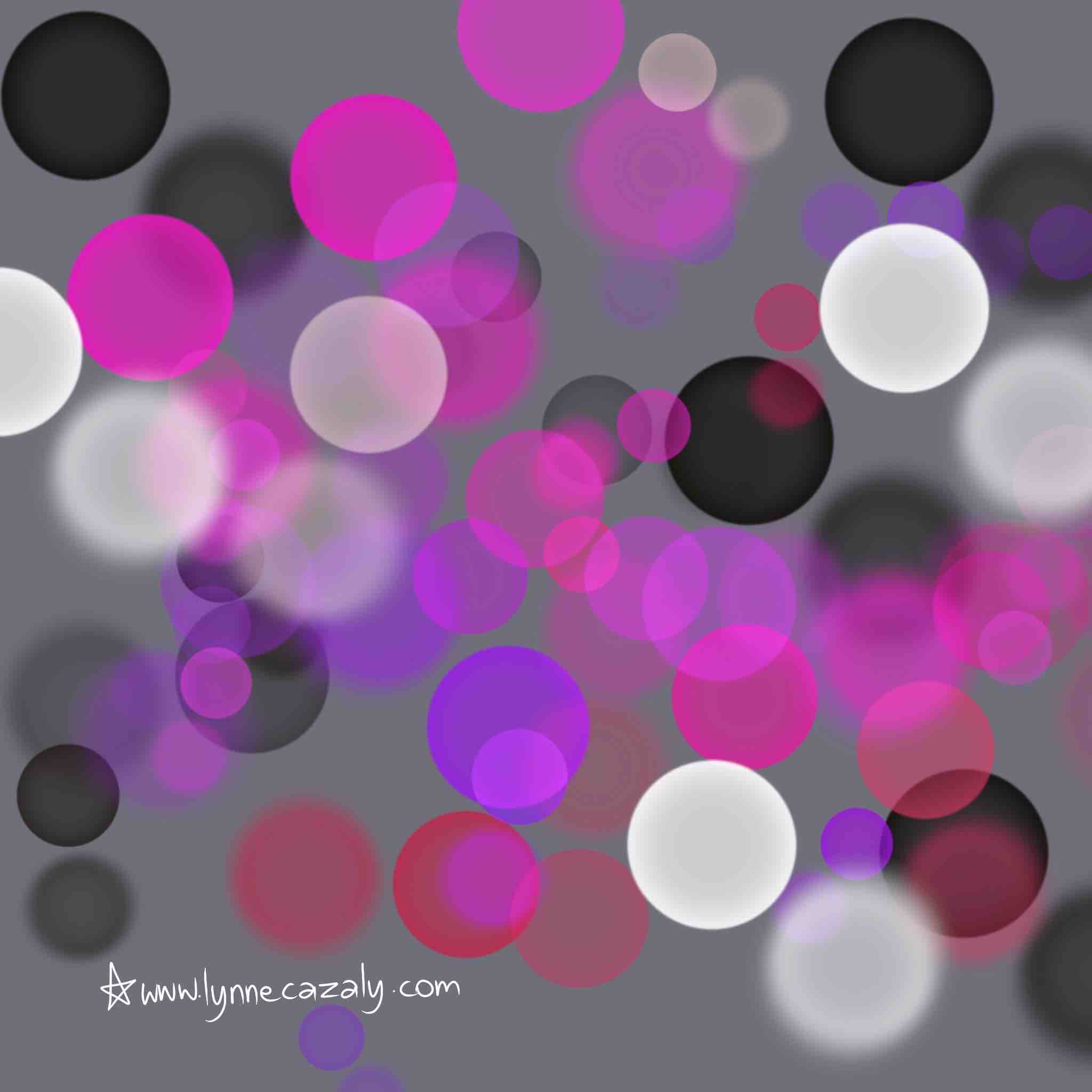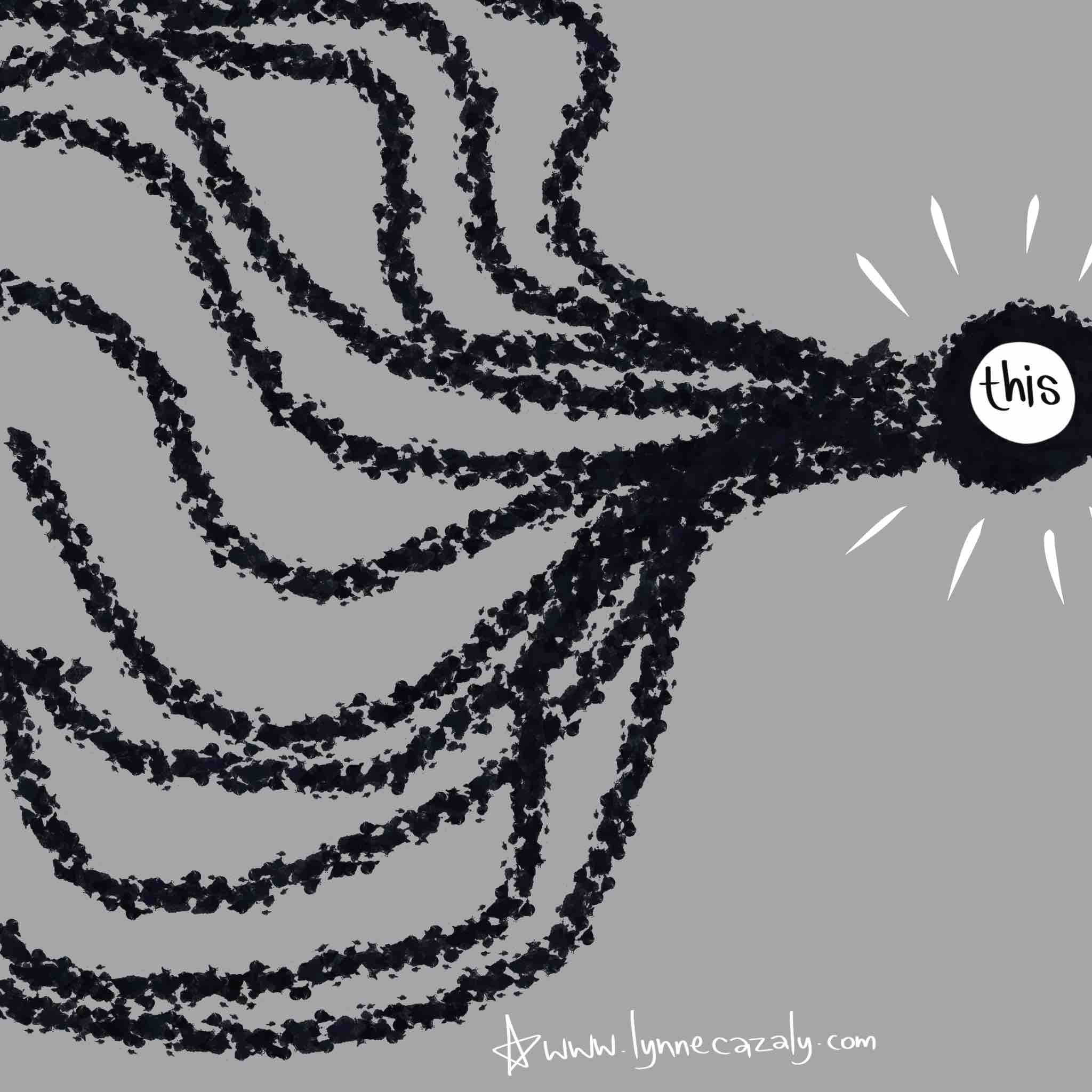Managing the overload
 Saturday, November 7, 2020 at 10:15AM
Saturday, November 7, 2020 at 10:15AM  It’s not just information. It’s emotions and overwhelm too. It’s workload, decisions, news, and everything that changes.
It’s not just information. It’s emotions and overwhelm too. It’s workload, decisions, news, and everything that changes.
Our ability to make sense of what’s going on is often in overdrive as we juggle complex issues and our reactions to them.
So there is the information.
And there is our reaction to it.
The information can be overwhelming.
And so can our response.
Acknowledging there is a load is a good place to start.
There’s a lot going on. Don’t expect to get your head around everything that’s happening all at once.
Sense is made by looking back on things.
And our responses to that can come and go for some time.
We don’t need to be an automatic victim to overwhelm.
Make sense of it step by step, piece by piece, scene by scene.



















